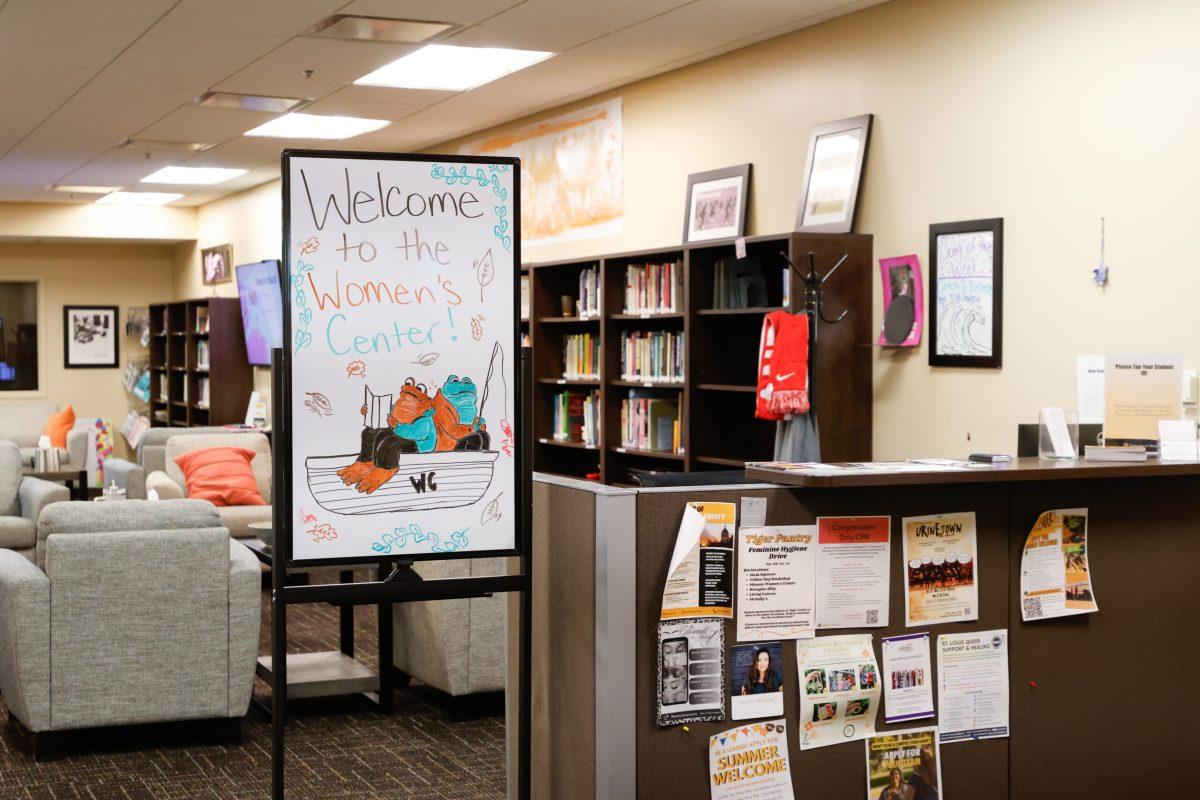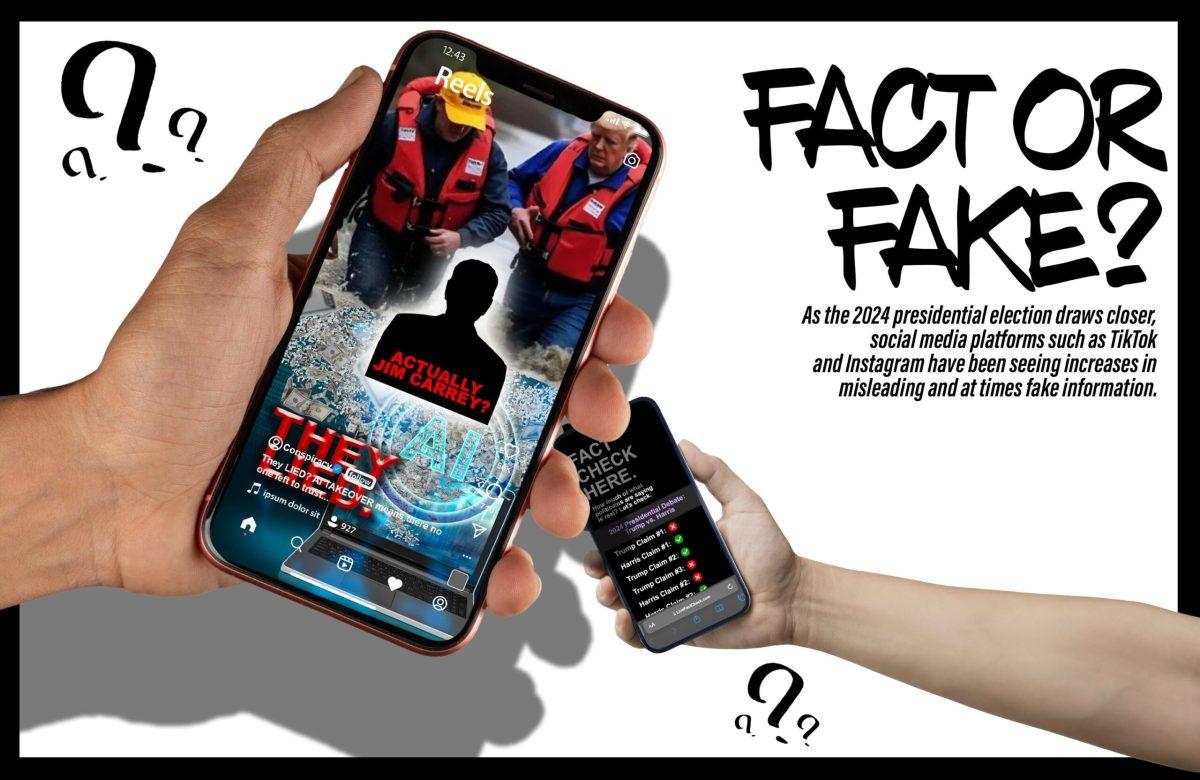_Chelsi Peter is a first-year journalism major at MU. She is an opinion columnist who writes about racial injustice and entertainment for the Maneater._
The epidemic of cheating has been a problem for decades within the American education system. However, the move to online learning progressed the forever evolving form of cheating into more than just a skill for many college students. Students soon found cheating as part of their lifestyle.
As if COVID-19 didn’t bring enough disaster globally, students of all ages have been forced to learn and communicate with teachers at home. This has created the unhealthy habit of staring at a computer screen for eight or more hours a day without human interaction.
It is no surprise that one year into the pandemic, there has been an unbelievable rise in cheating across college campuses. Over this current academic year, students began to overly rely on online resources to adjust to the sudden move to online learning. It’s come to the attention of many college professors that the move to online school unintentionally promotes the use of cheating in many courses. Due to the volume of cheating caused by online school, according to The Daily Pennsylvanian, the University of Pennsylvania’s Office of Student Conduct reported a 72% increase in cheating found by administrators from the 2018-19 to 2019-20 academic year.
From the start of the pandemic, students slowly began to adopt an “I don’t care” mentality and turned to the use of online resources to complete homework and tests rather than studying. While the added stress of the pandemic still continues to hinder students academically, the move to virtual learning provides students with an easy alternative to cheat.
With a new way of learning, whether that be via Zoom or recorded lessons, online schooling isn’t as effective as people believe. The realization settles in when students aren’t learning the material, setting themselves up to be unprepared for classes next semester. With more classes switching to in-person formats, students will find it harder to learn and study in-person once the pandemic is over.
Cheating has come to the point where students no longer care about learning material, but more about getting assignments done and receiving an A. With easy access to online resources, students have loopholes to find answers online or cheat on a test.
Businesses that offer homework and tutoring services, such as Chegg and Course Hero, have turned cheating on online tests into a business model. To get answers to questions on tests or copies of whole tests, students pay subscription fees. While Chegg has been around longer than the pandemic, their use has skyrocketed alongside online testing.
Chegg promotes itself as a site where students can receive help on their homework. It allows users to post a question to the site and receive answers from a Chegg-identified expert within two hours. While it is a form of tutoring for some students, Chegg is known to provide students with answers to exam questions.
A new study published in the International Journal for Educational Integrity found that the number of questions posted on Chegg increased 196% between April and August 2020 compared to the same period in 2019. The paper goes on to link that the increased volume of students using Chegg corresponds with the time in which classes were moved online. The rise in requests on Chegg for exam questions greatly corresponds to the move to online learning. Such requests may receive responses that vary from photos or screenshots of questions from a textbook.
Though Chegg prides itself in its honor code for prohibiting cheating, it does not stop students from doing so. While Chegg markets its overall goal as a tutoring service, the simple fact is students are not using their “tutoring service” for its intended purpose. It may provide a form of learning support for students learning at home, but the misuse of the website has gotten out of hand.
According to a Washington Post article, a North Carolina State statistics course coordinator said “more than 200 of the 800 students in a single Statistics 311 class were referred for disciplinary action for using ‘tutor-provided solutions’ to exam questions from Chegg.” The students were referred because they used Chegg to answer exam questions.
As stated in their honor code, Chegg prohibits cheating and will share reports with universities if a problem arises. Some universities, including North Carolina State, contacted Chegg for the removal of exam questions and received a report from Chegg detailing which users posted or accessed the exam materials.
Recently, Chegg put out a new program named Honor Shield, which enables faculty to send exam questions to the site in advance so Chegg can block the answers during the exam.
The number of students cheating is likely higher than reported. However, many college professors started to use ProctorU or LockDown Browser to combat online cheating. College professors also go to the extent of making students take a video of their workspace and turn their camera on during the exam. ProctorU provides test administrators a 24/7 live feed or an automated platform to monitor students during exams. Lockdown Browser restricts students to a singular window to prevent looking up answers during the test.
While concern about cheating on exams may never go away, these monitoring platforms help put in alternative methods to keep students from academic dishonesty. Platforms like ProctorU and Lockdown Browser can be the immediate fix to the growing issue. With access to the internet on any mobile device, cheating will remain an issue in online courses but the use of these tests softwares help prevent the extensive use of mobile devices during exams.
College students shouldn’t be able to cheat their way through school and get away with it. It creates students who do not have the skills or knowledge to perform in later years because they never learned certain lessons pertinent to their degree.
Cheating on exams shouldn’t become the new norm because of the pandemic. It’s one thing to not care about your education, but it’s another to lose it all over an exam.
_The Marsha P. Johnson Institute is a nonprofit organization dedicated to protecting the rights and lives of Black trans people and providing relief for members of the community. We at The Maneater encourage you to donate to this cause. Donations can be made at: https://www.flipcause.com/secure/cause_pdetails/NjY0OTc=_
_Edited by Sofi Zeman | szeman@themaneater.com_








